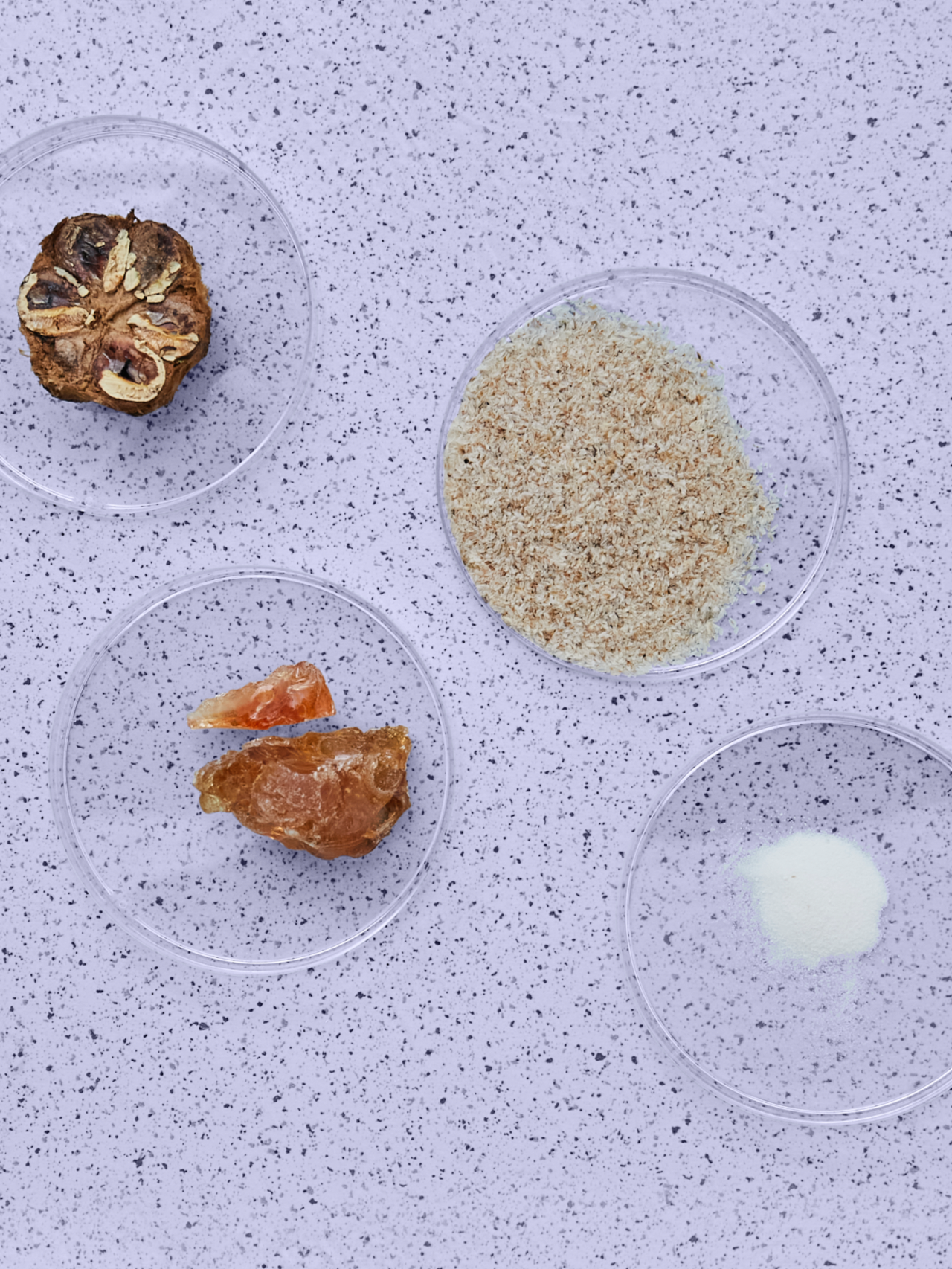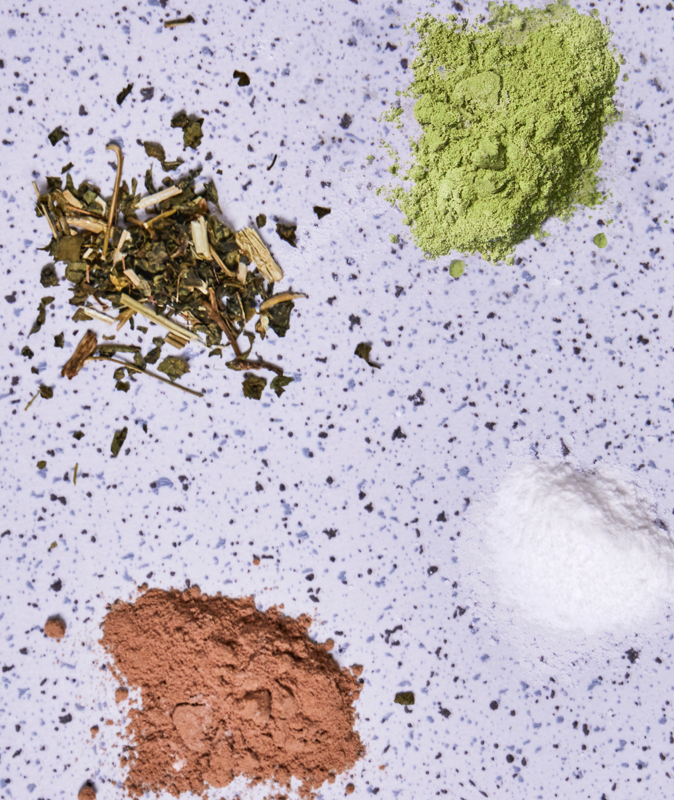
We all know the importance of a good night’s sleep. It’s when our bodies rest, recover, and reset for the next day. But did you know that the health of your gut could be playing a big role in how well you sleep? The connection between our gut and sleep is a fascinating one, and it goes both ways—poor gut health can impact sleep quality, and poor sleep can, in turn, affect our gut. Let's explore this gut-sleep connection and how nurturing your gut might help you get the restful sleep you deserve.
The Cyclical Relationship Between Gut Health and Sleep
Your gut and sleep are in a constant dance, affecting each other in multiple ways. Changes in the "brain-gut axis," a term that describes the communication pathway between our gut and brain, have been linked to a variety of conditions, including gastrointestinal disorders, increased anxiety, depression, and even decreased cognitive abilities. In other words, when your gut is unhappy, your mind often isn’t far behind—and that can impact your sleep quality.
But it doesn’t stop there. Mental health and sleep can also impact our gut. For instance, when we’re stressed or anxious, we’re more likely to make poor dietary choices, which can negatively affect the diversity of our gut microbiome. A less diverse microbiome can then circle back and affect our sleep. It’s a complex, interconnected system, but understanding it can help us take steps to improve both our gut health and sleep quality.
Why is the Gut Called the "Second Brain"?
You may have heard people refer to the gut as the "second brain," but what does that actually mean? While I'm not entirely convinced that any organ should be called a "second brain," there is a reason for this nickname. Our nervous system isn’t just in our brains—it’s found throughout our entire body, including our gut.
Your gut is home to the enteric nervous system, a vast network of neurons that help regulate digestion and communicate with the central nervous system (your brain). On top of that, the trillions of microbes living in our gut—each with their own unique roles—can release neurotransmitters, like serotonin, and other molecules that influence our mood, emotions, and even our cognitive functions. So, in a way, our gut does have a significant impact on how we feel and think.
How Poor Gut Health Impacts Your Sleep
So, how exactly does an unhappy gut lead to poor sleep? It turns out that a diverse and healthy gut microbiome is crucial for promoting good sleep. Some studies suggest that certain strains of gut bacteria can influence the production of neurotransmitters like serotonin and gamma-aminobutyric acid (GABA), both of which play important roles in regulating our sleep cycles and mood.
However, when our gut health is compromised—whether it’s due to a poor diet, irregular eating times, or gastrointestinal issues—it can impact our sleep quality. You might find yourself waking up in the middle of the night, feeling restless, or struggling to fall asleep in the first place. While scientists are still unraveling the exact mechanisms, it’s clear that maintaining a healthy gut can be an important piece of the puzzle for getting better sleep.
Can Improving Your Gut Health Improve Your Sleep?
The answer is most likely, yes! Improving your gut health can potentially lead to better sleep. Here are some practical steps you can take to support both your gut and sleep:
-
Eat a Balanced Diet: A diet rich in fiber, fruits, vegetables, and whole grains helps promote a diverse gut microbiome. Reducing sugar and processed foods can help keep your gut and sleep in sync.
-
Consider Taking Probiotics: Probiotics, like those found in Hilma’s Daily Pre + Probiotic, help support the balance of good bacteria in your gut. A well-balanced microbiome could help regulate those neurotransmitters that affect sleep.
-
Manage Stress and Sleep Hygiene: Stress can wreak havoc on both your gut and your sleep. Mindfulness practices, such as meditation or deep breathing exercises, can help reduce stress and improve both gut health and sleep quality.
-
Timing Matters: Try to eat at consistent times each day and avoid heavy meals right before bed. Late-night eating can disrupt both digestion and sleep.
-
Stay Hydrated and Move Your Body: Drinking enough water and staying active can help support your gut health and, in turn, improve your sleep quality.
While the gut-sleep connection may not be completely understood yet, there is growing evidence that taking care of your gut can positively impact your sleep. So, if you’ve been struggling with restless nights or poor sleep, it might be time to pay attention to what’s going on in your gut. Small changes like incorporating a pre + probiotic or being mindful of your eating habits could make a big difference.
Remember, sleep is not just about closing your eyes at night—it’s about creating a holistic approach to health that involves what you eat, how you manage stress, and how you care for your gut. For those looking to start this journey, consider trying Hilma’s Daily Pre + Probiotic to help support a healthy gut and potentially unlock better sleep. After all, a well-rested you is a healthier, happier you!
Dr. Claudia Aguirre Bio
Dr. Claudia Aguirre is a neuroscientist and mind-body expert and serves on the Hilma medical board of advisors. Dr. Aguirre is a TEDx speaker, a TED Ed educator and international advisor in the health and wellness industries.




